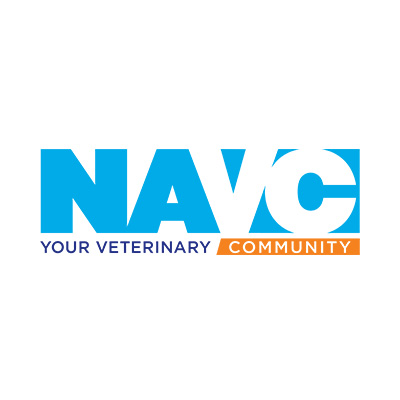The More Pet Owners Learn about Scientific Research on the Benefits of the Human-Animal Bond, the Better They’ll Care for Their Companion Animals
Washington, D.C. (September 7, 2016) — The Human Animal Bond Research Initiative (HABRI) Foundation today announced the findings of a new survey on the impact of knowledge of the scientific benefits of the human-animal bond on how pet owners care for their companion animals. The survey asked pet owners about their awareness of research that shows pets improve human health and found that this knowledge has the power to motivate them to take better care of their pets in important ways.
“Scientific research shows that pets are good for our health, improving heart health, relieving stress and positively impacting conditions from autism to PTSD,” said HABRI Executive Director, Steven Feldman. “Now, for the first time, we have data to show that it’s a two-way street – when we know how good pets are for us, we are more likely to take better care of them!”
According to the survey, seventy-one percent of pet owners were aware of scientifically-documented health benefits from pets. Most importantly, when asked how knowledge of the scientific research on the human-animal bond would affect their actions:
- 89% of pet owners said they were more likely to take better care of their pets
- 75% of pet owners said they were more likely to microchip a pet to ensure it can be found if lost or stolen
- 51% of pet owners said they were more likely to purchase pet health insurance
- 62% of pet owners said they were less likely to skip visits to the veterinarian
- 74% of pet owners said they were less likely to give up a pet for any reason
- 88% of pet owners said they were more likely to provide their pets with high-quality nutrition
- 92% of pet owners said they were more likely to maintain their pet’s health, including keeping up with vaccines and preventative medicine
The survey also examined how different generations of pet owners viewed and reacted to the human-animal bond. For millennials, in particular, learning about the scientific research on the health benefits of pets had a large impact:
- 80% of millennials said this information makes them more likely to bring their pet along when they go out
- 75% of millennials said this information makes them more likely to travel with their pets
- 74% of millennials said this information makes them more likely to get an additional pet
- 74% of millennials think employers should consider allowing employees to bring pets to work
“When pet owners are educated about the scientific research on the human-animal bond, the response is tremendously positive for the welfare of the pet population,” said researcher Michael Cohen, Ph.D. “This research tells me that veterinarians and animal shelters should be talking about the benefits of pets to human health.”
The survey also asked pet owners about increased support for pet ownership in society:
- 84% agree health and life insurance companies should give discounts for owing a pet
- 87% would be more likely to buy products from pet-friendly businesses
- 69% agree the government should help make it more affordable to own a pet
- 88% agree doctors and specialists should recommend pets to patients for healthier living
“As HABRI continues to fund human-animal bond research, it will work hard to educate pet owners and the general public about the positive impacts of pet ownership on human health,” Feldman added. “As more people experience the healing power of the human-animal bond, more and more pets can get the highest level of care and welfare.”
The online survey, conducted by the Cohen Research Group, included 2,000 interviews and had a margin of error of +2.2%.
About HABRI
The HABRI Foundation maintains the world’s largest online library of human-animal bond research and information; funds innovative research projects to scientifically document the health benefits of companion animals; and informs the public about human-animal bond research and the beneficial role of companion animals in society. For more information about the HABRI Foundation, visit www.habri.org.
Contact
Jamie Baxter
jamie@theimpetusagency.com
775.322.4022
###





